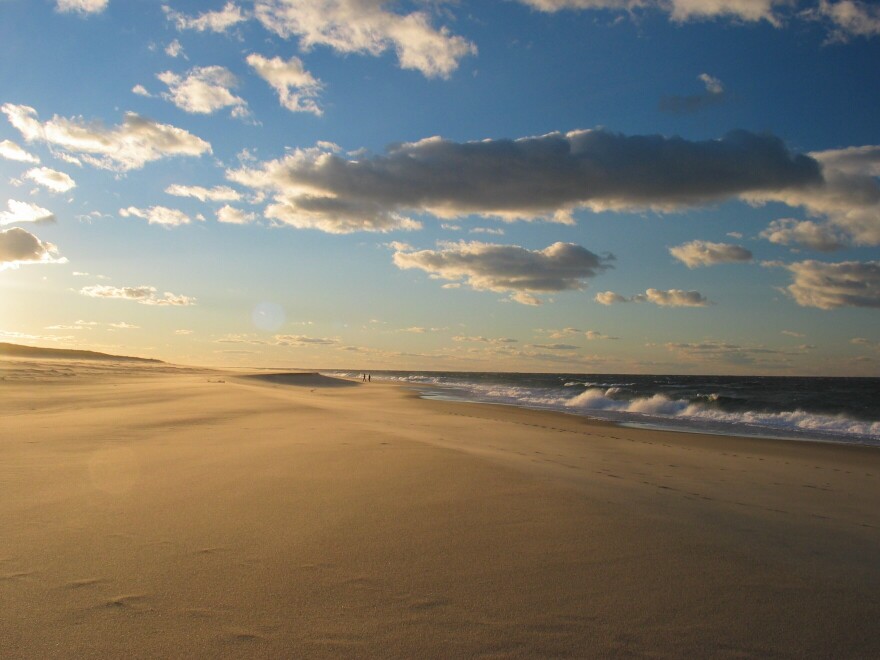Last week I described my first encounter with Walden Pond when I was nineteen, and was disappointed to find it, well, ordinary.
It was, of course, not Walden itself that was disappointing. Like an O.K. movie that is overhyped, I was disappointed by my own expectations, or rather the expectations that Thoreau had raised in me. He had imbued his fictive pond with a promise and vividness that the real, or actual pond, could not possibly live up to. Later I would recognize this as a general rule about art and life, namely, that it is not the place, or the object, or the face on which a work of art is based – Walden, a Greek vase, the Mona Lisa – that is unique and special, but what the creative mind makes of it. It was what Thoreau made of this nice-enough but rather ordinary body of water that made it resonate in my imagination.
Just as the objects of the imagination are always more evocative, more fulfilling, more real than the objects themselves, so the actual sites – the pond itself, the pine-studded hills that surrounded it, the stone cairn marking the spot that scholars, after long and meticulous work, determined to have been the site of his original cabin, or the “replica” of Thoreau’s cabin set a respectful distance away – all these seemed less real than their immaterial counterparts in the book. The book, in fact, created a kind of barrier, or filter, between me and its material counterparts, interpreting them for me, so that I could never quite realize them in the way I felt them in the book. In the end Walden Pond was, inevitably, a literary theme park.
How different from this was the experience I had several months later on first encountering the Outer Beach of Cape Cod! Here the actual landscape not only exceeded my expectations, it created them. That is, when I first saw it, I had no expectations of it. I had heard of it, yes – but that was all. I had not yet read about it. It was nothing to me but a name, a blank page, waiting (though I did not know it then) for me to fill it up with my own thoughts, images, and adventures, and thereby conveying to me a sense of inexhaustible promise.
Not that much later, within the next few years, in fact, I would read those iconic Cape books – Thoreau’s own Cape Cod, Beston’s The Outermost House, Hay’s The Great Beach, and many, many lesser but still rich works (not to mention discovering the incredible body of visual art that this sea-girt peninsula has spawned over the centuries). But their effect was completely different from my experience of Walden Pond. By the time I read the classic works that the Outer Beach had inspired, I had already made my initial contact with the place, I had already given myself permanently to its landscape, in imagination if not yet in actuality. I had already landed here, established my beachhead, made my compact with its shifting sands, so that those previous sets of eyes were not explainers or interpreters whose words and images filtered my experience of the place, shaped it to their vision, but rather they were companions, other visions accompanying but not determining mine, extending my experiences but not directing them, for I had already seen with my own eyes what Thoreau called “the thing itself.”





